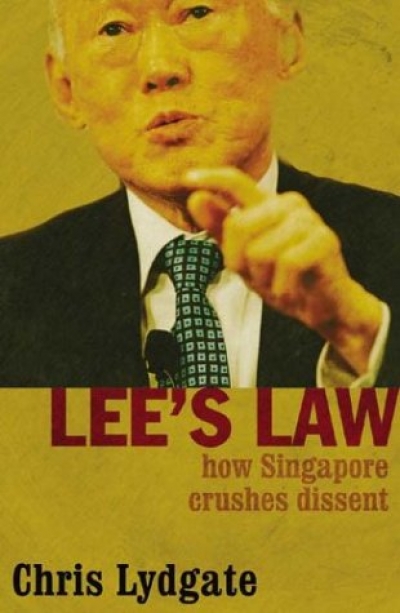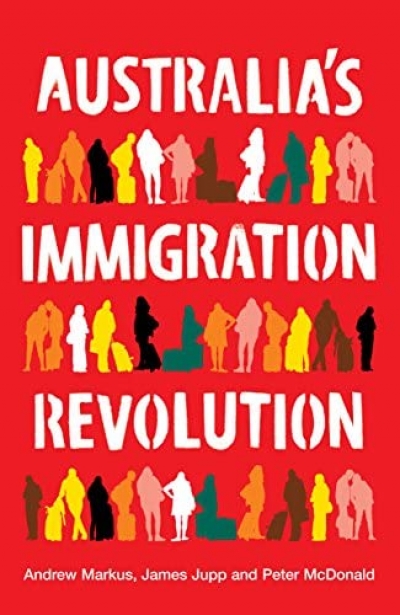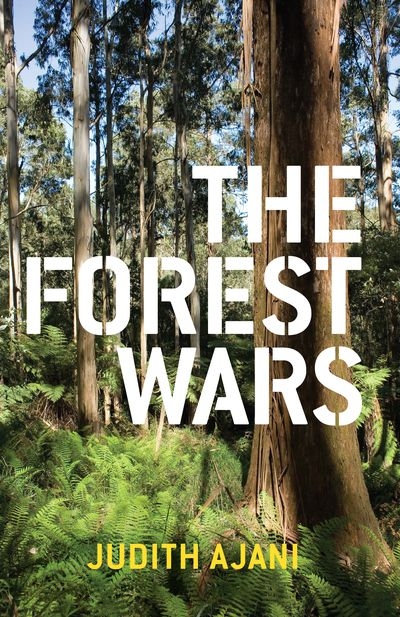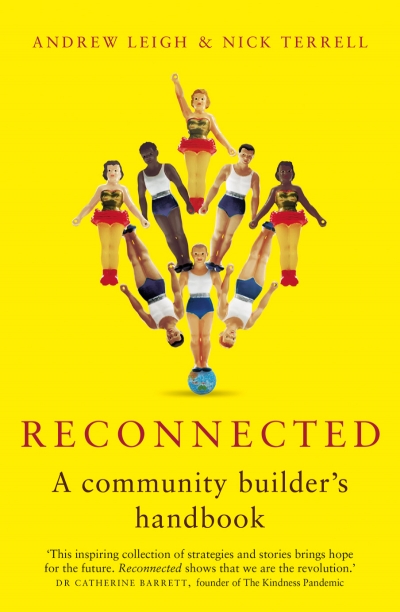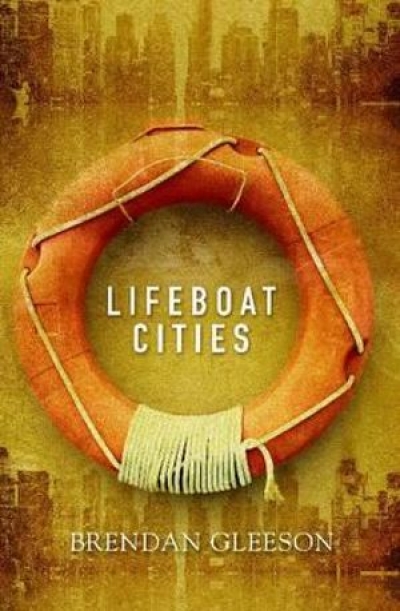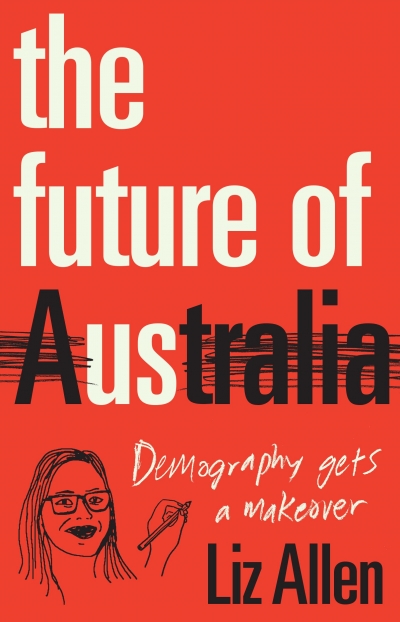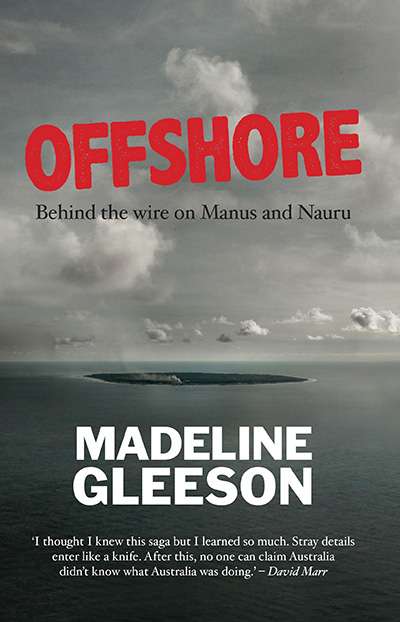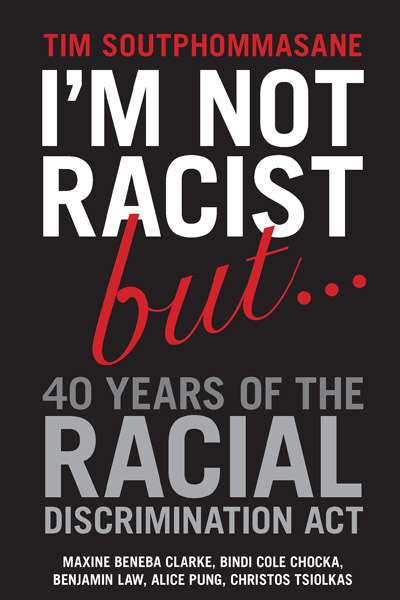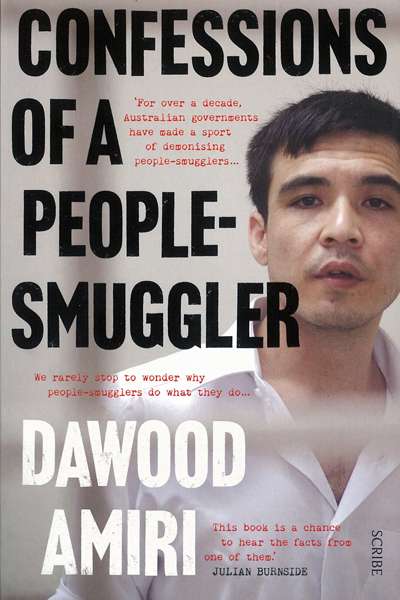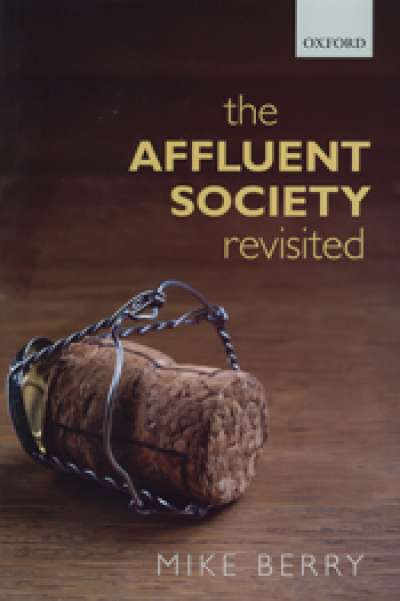Peter Mares

Peter Mares is lead moderator with the Cranlana Centre for Ethical Leadership and a contributor to Inside Story magazine. He is the author of No Place Like Home: Repairing Australia’s Housing Crisis (Text Publishing, 2018), Not Quite Australian: How temporary migration is changing the nation (Text Publishing, 2016), and Borderline (UNSW Press 2001), an analysis of Australia’s refugee policies. Peter previously worked for twenty-five years as a broadcaster with the ABC, mostly with Radio National.
In September 2009, Treasurer Wayne Swan revealed that Australia’s population of twenty-two million was growing much faster than anticipated. Just three years ago, the Intergenerational Report 2007 projected a population of twenty-eight and a half million in 2047. Treasury now expects the population to exceed thirty-five million people by 2049, an increase of almost sixty per cent. This forecast ... (read more)
I am embarrassed by my deck. It is well designed, sturdily built and a congenial place on a balmy evening. The problem is that the deck is made with tropical hardwood, logged from a rainforest in South-East Asia. Not only have I added to Australia’s yawning trade deficit, I have also contributed to the decline of the globe’s equatorial lungs.
... (read more)
Disaster movies tend to follow a similar arc. Our band of heroes not only has to survive flames engulfing the skyscraper or sea water flooding the cruise liner, but must also triumph over the calculated selfishness of others who are also scrambling for salvation. The implication is that, with few exceptions, Thomas Hobbes was right. Amid the upheaval of the English Civil War, Hobbes declared that ... (read more)
These two books share common assumptions about the nature of our cities and our collective future as homo urbanis. If we are to survive the impending disaster of climate change and build an environmentally durable and socially just future, then we must do so within our existing, sprawling suburban landscapes. Gleeson and Mees know and respect one another’s work – each quotes the other approvin ... (read more)
In Australia, debate about population runs in well-worn grooves. The focus is on size – ‘big Australia’ versus ‘not-so-big Australia’ – and the tool used to regulate numbers is immigration. When politicians link population growth to excessive house prices, traffic congestion, unemployment, or crime, they call for immigration cuts, not for birth control.
Liz Allen wants us to think abo ... (read more)
This month marks a grim anniversary: four years ago, in August 2012, Prime Minister Julia Gillard re-introduced a policy of offshore processing for asylum seekers who try to reach Australia by boat. Since then we have inflicted terrible punishments on thousands of vulnerable men, women, and children who made the mistake of seeking safety in the wrong country at the wrong time.
... (read more)
Does a law change the way people behave and think? Can it accelerate a shift in cultural norms? These are some of the questions that emerge from this reflection on Australia’s Racial Discrimination Act (1975).
Tim Soutphommasane is hardly a disinterested commentator, since he owes his current job as Racial Discrimination Commissioner to the very act that he is writing about. So this is a sympat ... (read more)
After an explosion that killed five asylum seekers and injured dozens more on a boat moored at Ashmore Reef in 2009, Prime Minister Kevin Rudd described people smugglers as ‘the absolute scum of the earth’ and ‘the vilest form of human life’. Further tragedies at sea during the ‘fifth wave’ of boat arrivals to Australia provoked similar outbursts from politicians across the political s ... (read more)
Usually, significant books are revisited on significant anniversaries. By these lights, Mike Berry’s critical re-evaluation of John Kenneth Galbraith’s The Affluent Society should have appeared in 2008, to mark the fiftieth anniversary of its original publication. In this instance, we can be grateful that normal publishing practice has not been followed, for it enables Berry to incorporate the ... (read more)

